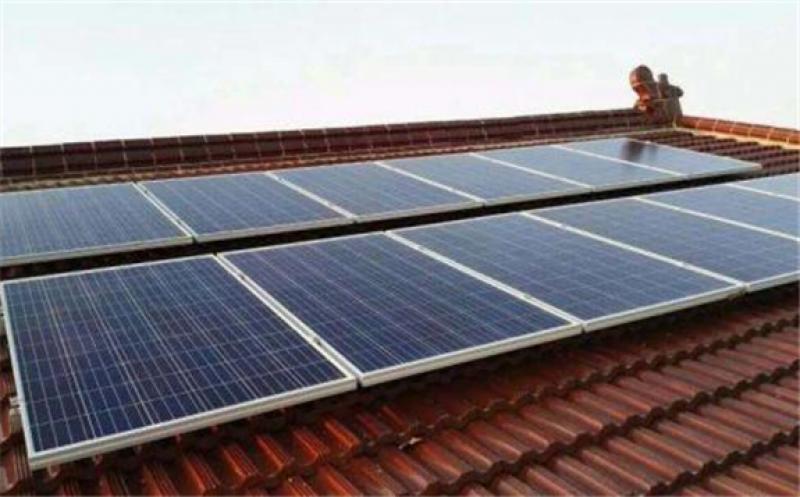A report from Bloomberg New Energy Finance (BNEF) posits that the US rooftop solar market is set to grow by a record level as the residential sector in the country has managed to avoid any Covid linked slowdown.

This resiliency in the sector could mean an addition of 3GW of residential solar PV capacity additions in 2020, a further improvement over 2019’s record of 2.8GW. Utility-scale PV capacity additions are predicted to go from 7.3GW in 2019 to 10GW in 2020.
The record utility scale solar additions in 2021 mean that the solar story in the US remains good. While states in the US are still warming up to utility scale, residential solar has been showered with incentives, all the way down to storage. The federal tax credit on solar roofs for instance, is almost 26 percent across the US.
A key factor has also been the speed at which the industry adapted to the new realities of lockdown, by shifting to digital selling, for instance. Be it early pioneers like Tesla’s or smaller sellers and installers. BNEF predicts a 5% year-on-year growth for residential PV 2020, and 22% in 2021.
The only sector that is expected to struggle is the C&I (commercial and industrial) segment, where issues of profitability, available capital and remote working, have led to an expected 16% decline in new capacity additions this year, BNEF predicts.
The C&I segment has been a major factor in building volume and awareness about solar as major US corporations have moved to source their energy needs from solar and wind. These firms have taken the initiative worldwide in some cases, and the tech firms in particular have some of the most ambitious targets for renewable energy additions and sourcing.
The Green New Deal that has been proposed by the democrats has a major role for renewable energy, making the case that a win for Joe Biden would provide a further push for the sector. However, even the republicans have not really pushed back as they were expected to , and states like Texas today have some of the biggest utility scale solar plants in the pipeline. That pretty much guarantees a smooth route ahead for solar growth in the United States